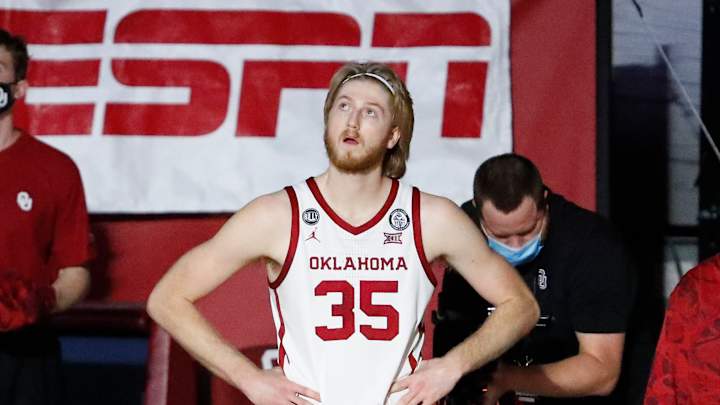NCAA Division I One-Time Transfer Exception Officially Granted by the NCAA

What has been speculated about for quite some time became official on Wednesday when the NCAA Board of Directors granted the one-time transfer exception to all Division I athletes.
The means that every Division I athlete can now transfer once and be immediately eligible to play the next season.
Previously, students in sports like football and men’s and women’s basketball had to either sit out a year after transferring (while burning a year of eligibility) or apply for a waiver that would allow them to play immediately at the new school.
It’s been assumed that this legislation would pass (hence the overwhelming number of student-athletes currently in the transfer portal), but the one-time transfer exception is now officially in place.
Because of this new one-time exception, plus the extra year of eligibility granted by the NCAA due to COVID-19, the transfer portal will balloon over the next several years. However, as student-athletes with an extra COVID year begin to phase out of college and those seeking to use their one-time transfer exception levels out, the exorbitant transfer portal numbers we’re currently seeing will come back down.
One dynamic that will be interesting going forward is graduate transfers. Under the previous system, graduate transfers had almost no problem moving to a new school and playing immediately.
Now, though, if a player has already utilized their one-time transfer, it will likely be decidedly harder to prove a hardship to get a waiver to become immediately eligible. Student-athletes will probably need to do more to prove that their desired field of study was not available at their previous school but is available at their new landing spot.
Will teams now have to change some of their typical roster construction if they can’t depend on a grad transfer or two? My hunch is that schools will have to build more through underclassmen transfers with less of a proven track record.
For North Carolina, this news means that, as expected, Justin McKoy, Brady Manek, and any other transfer that commits to the Tar Heels will be immediately eligible to play in the 2021-22 season.
Stay tuned as more news becomes available.
Send Isaac Schade an email to talk more about this article.
Follow us on Twitter: @SI_Heels | @isaacschade

I grew up in Atlanta knowing that I was going to be the next Maddux or Glavine or Chipper. Unfortunately, I never grew six feet tall, ran 4.4 in the 40-yard dash, threw 90 m.p.h. on the radar gun, or hit 50 home runs. So I had to find a different way to dive head first into sports - writing about it. My favorite all-time sports moment? 1992. NLCS. Game 7. Sid Bream. Look it up. Worst sports moment ever? Two words: Kris. Jenkins. I live in the bustling metropolis of Webb City, MO, where ministry is my full-time job. I spend my free time with my wife, Maggie, and my two children, Pax & Poppy.
Follow isaacschade